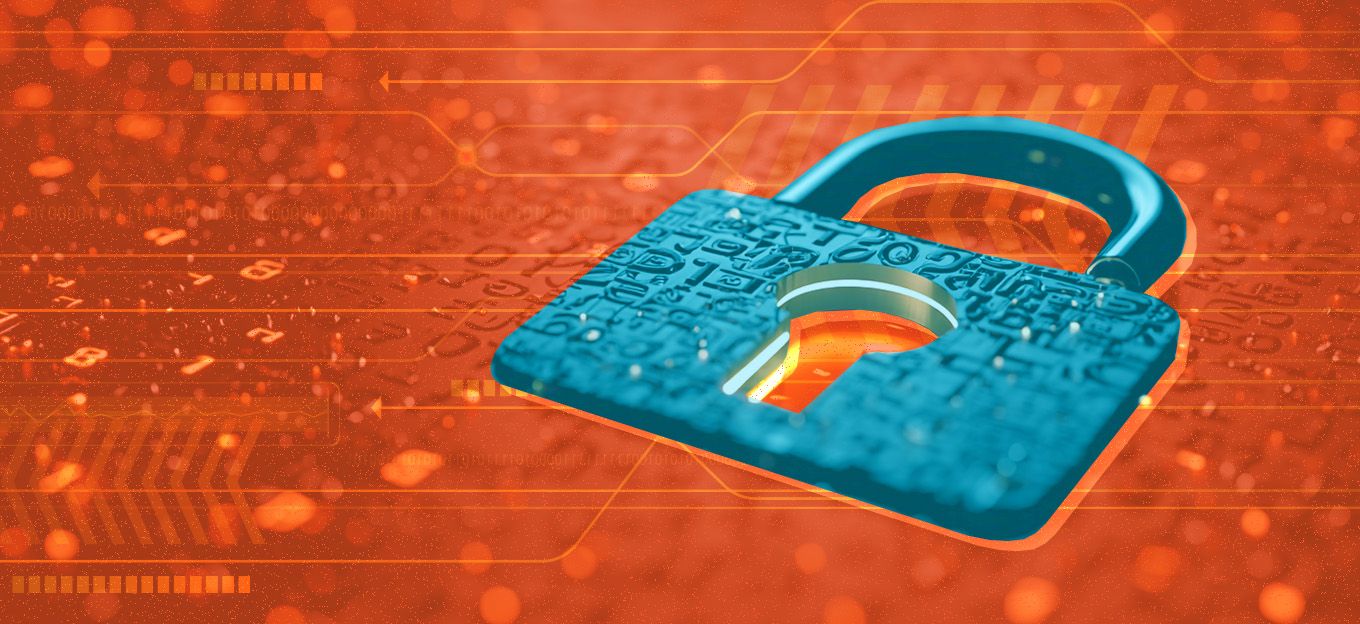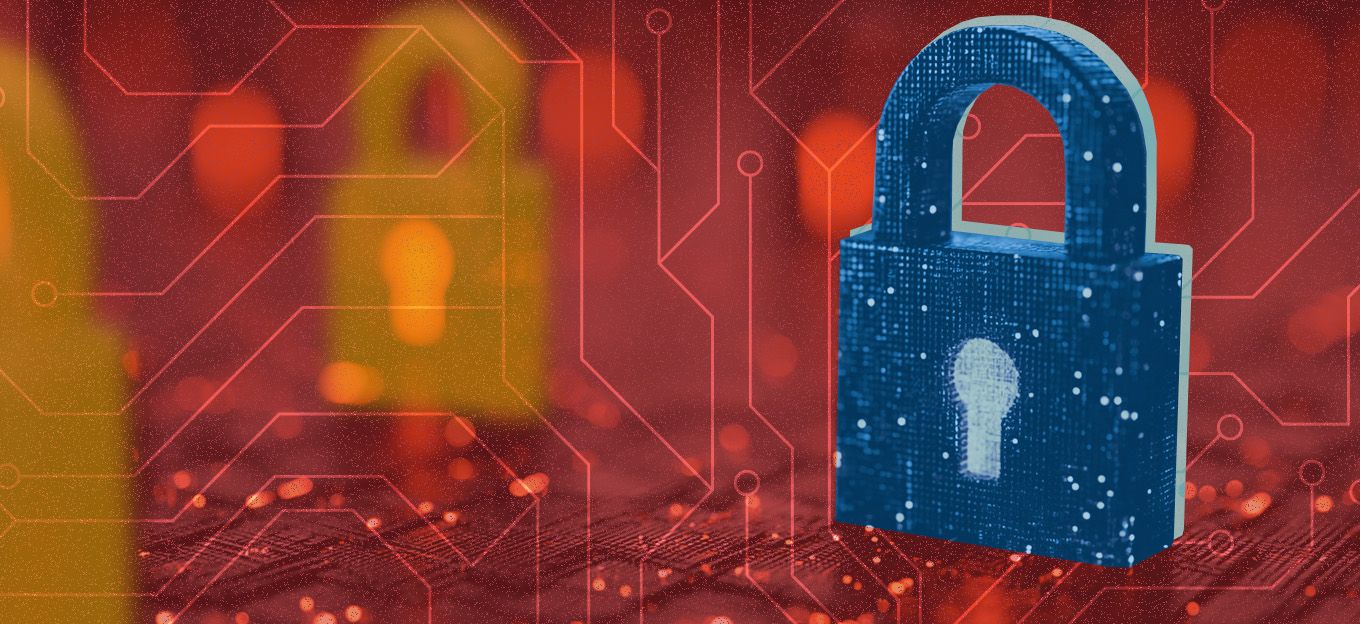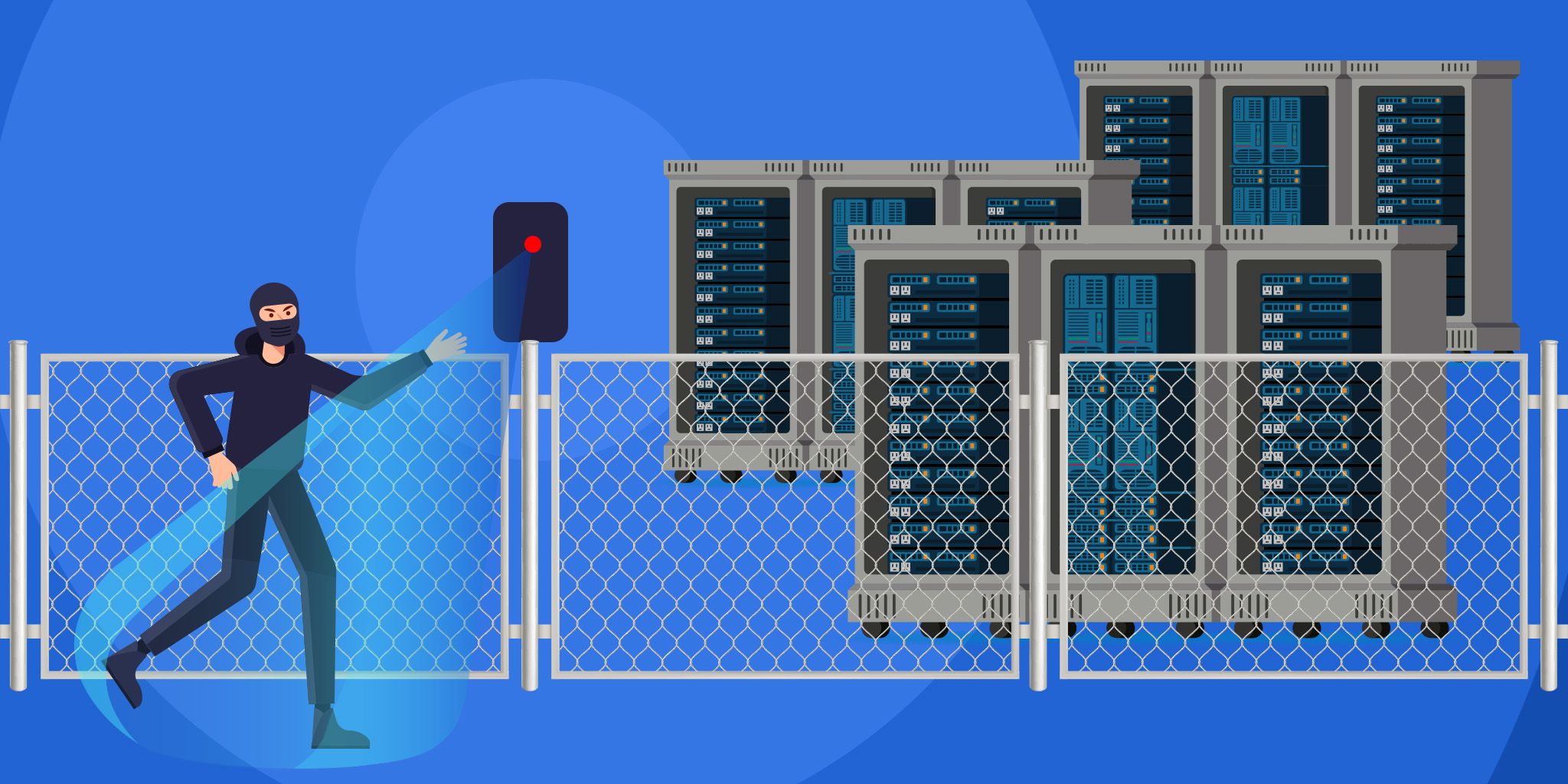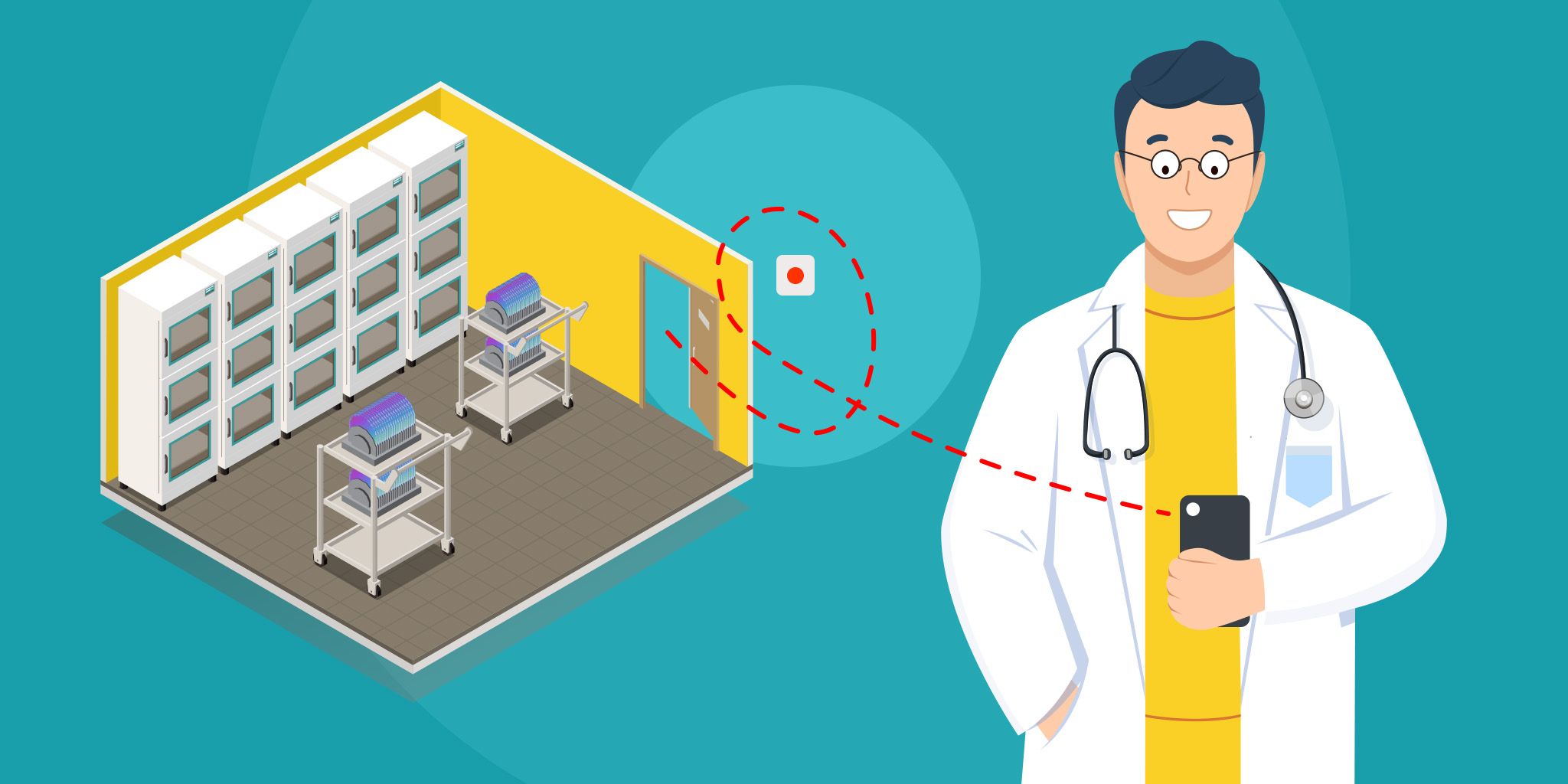Finding a Balance Between IoT Security Needs and Business Needs
Finding a Balance Between IoT Security Needs and Business Needs
- Last Updated: December 2, 2024
Red Alert Labs
- Last Updated: December 2, 2024



The Internet of Things (IoT), the network of physical devices, vehicles, home appliances and other items embedded with software, sensors and network connectivity which enable these objects to connect to each other and exchange data, presents a huge opportunity for businesses as well as huge risks. Many companies have invested thousands of dollars to focus their business on IoT, and protecting these devices from malicious hacks is one of the new challenges cybersecurity companies are now facing.
For IoT to function smoothly, factors like connectivity, security, compatibility, longevity and data analysis all come into play. All these need to work securely for IoT to be effective. Since security has become the number one threat in IoT, companies as well as consumers can’t help but feel insecure. Hackers today are so skilled that they're capable of hacking baby monitors, thermostats, refrigerators, cameras, radios and other devices to get sensitive information and assets, a major security nightmare for cybersecurity firms. As IoT devices become more ingrained in our lives, more scenarios of cybersecurity attacks are expected.

Image credit: Aziz Acharki on Unsplash
Connecting devices through IoT is a huge opportunity for businesses but also increases the potential for security breaches. Balancing the benefits and the risks of IoT devices is a crucial step to achieving business success.
Cybersecurity firms play an important role in protecting IoT devices from hackers. Today, tech companies are implementing IoT solutions in their businesses. However, research indicates that more than 92 percent of these companies are facing a challenge of how to strike the right balance between security needs and business needs. To achieve this balance, organizations need to find a way to assess the entire environment and enable devices to communicate on the network in a secure manner and restrict their function so that they can only do what they're supposed to do. In addition, security should be able to reduce the burden on users to the minimum required, while maintaining the desired security level. For a cybersecurity firm to be effective, it must also have a fresh set of eyes when considering problems and be able to provide both strategic and technical methodologies. This type of expertise will only come from a company that provides specialized security expertise and complete compliance and regulatory control in the IoT world.
With cyber threats becoming more and more sophisticated, IoT organizations, as well as cybersecurity companies, need to be proactive and be in a constant state of readiness to deal with cyber-attacks. They need to adopt a different mindset and respond to hackers in an unexpected way. This requires implementing a cyber threat intelligence strategy that supports both strategic and technical approaches to cybersecurity. Increasing readiness also means using forensic data analytics and intelligence to examine and predict threats.
In short, IoT security requires an end-to-end approach. From the IoT manufacturers to the end-users to the cybersecurity firm protecting them from all fronts, the approach must be holistic. The only way to achieve this is to find a cybersecurity firm that will help organizations make the right decisions and find a balance between IoT security needs and IoT business needs.
The Most Comprehensive IoT Newsletter for Enterprises
Showcasing the highest-quality content, resources, news, and insights from the world of the Internet of Things. Subscribe to remain informed and up-to-date.
New Podcast Episode

Moving Past the Pilot Phase in IoT and AI
Related Articles





